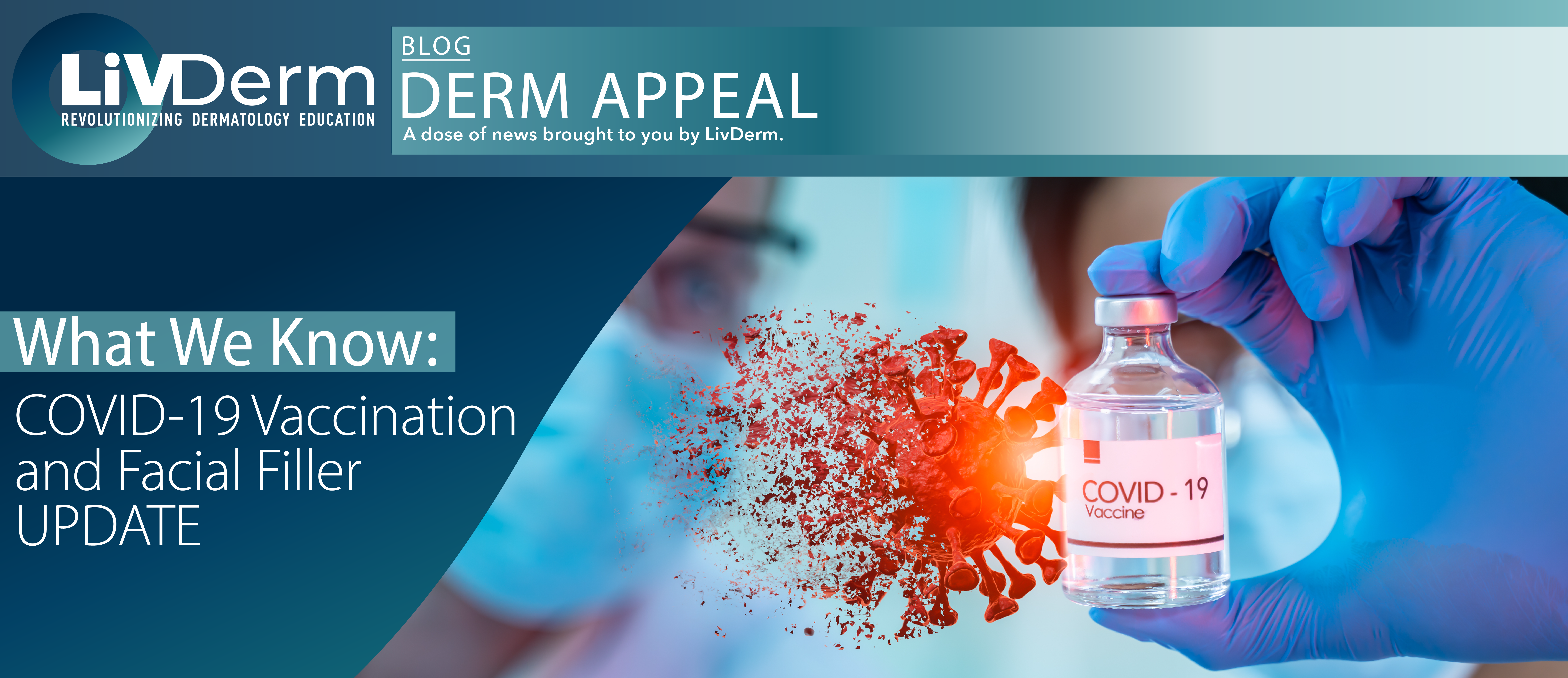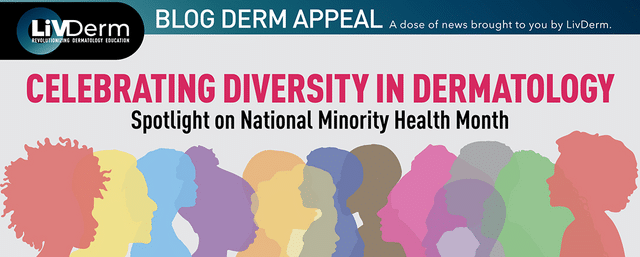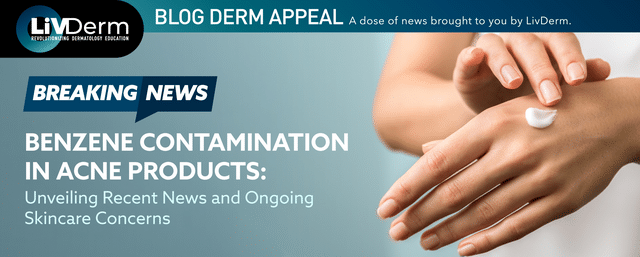In June 2021, LiVDerm reported that some individuals who had received facial fillers around the same time they received the COVID-19 vaccine had experienced unusual swelling and hypersensitivity in the injection area. Read the original article here. Now that the medical community has more data, including longer-term outcomes for patients experiencing this rare side effect, the U.S. Centers for Disease Control and Prevention has updated their guidance for those concerned about a possible reaction.
The initial report of swelling
When three patients reported injection site swelling after concurrently receiving the mRNA COVID-19 vaccine and facial fillers containing hyaluronic acid in late 2020, the exact relationship was unclear. An article published in the International Journal of Infectious Diseases presented a case study of a 38-year-old female who experienced swelling (erythematous oedema) in her lips after receiving filler and her first COVID-19 vaccination dose. The authors noted that the patient’s condition was nearly resolved after five days on an oral corticosteroid, and that she eventually fully recovered. They concluded that “the exact mechanism of triggering a delayed-type hypersensitivity reaction in our case needs be clarified, but the most probable hypothesis is the occurrence of an immunological reaction between the hyaluronic acid filler and the SARS-CoV-2 vaccine.”
At the time, the American Society of Plastic Surgeons (ASPS) released a guidance based on the limited knowledge of both the reported adverse events and the cause. In January 2021, the ASPS said, in part, that the reports of facial swelling (andioedema) had all been mild, had resolved with minimal or no intervention, and that no patient should be discouraged from receiving the COVID-19 vaccine because they’d had, or planned to have, facial filler. Noting that the dermatologic community had previously been aware of “dermal filler-associated delayed hypersensitivity immunologically based reactions,” following influenza-like illnesses and vaccines, the ASPS pledged to monitor the evidence surrounding the reported adverse effects and possible connection to the COVID-19 vaccine.
The current CDC recommendations
Now, the U.S. Centers for Disease Control and Prevention (CDC) recommends booster doses for everyone 16 and older, and an additional full dose for all who are immunocompromised. Those who’ve either experienced the facial swelling (a very few) or those who recently received filler may be wondering if the observed side effect is likely to happen to them. In response to this concern, and based on evaluation of the available literature, the CDC has updated their guidance for the management of people with a history or allergies or allergic reaction to the COVID-19 vaccine, including those that have experienced angioedema. According to the CDC, angioedema is visible swelling involving the lips, facial skin, or skin in other locations, and is considered a non-severe reaction. However, any angioedema affecting the airway (tongue, uvula, or larynx) is considered a severe allergic reaction and warrants immediate medical attention.
For those who have experienced prior angioedema, or for anyone concerned about receiving their booster or subsequent dose of any COVID-19 vaccine who has also received facial fillers, the CDC says, “infrequently, people who have received dermal fillers might experience swelling at or near the site of filler injection (usually face or lips) following administration of a dose of an mRNA COVID-19 vaccine (no similar occurrences were observed in the Janssen COVID-19 Vaccine clinical trials). The swelling is temporary and resolves with medical treatment, including corticosteroid therapy.” They recommend the vaccine be administered in a controlled health care setting by a trained professional, and that the post-vaccination observation period should be extended from 15 minutes to 30 minutes for patients with a history of a non-severe reaction such as angioedema.
The CDC suggests that anyone concerned about a possible allergic reaction should consult their doctor to guide them, but stresses the importance of vaccination to stop the spread and mutation of the COVID-19 virus. The exceptionally small fraction of those who do experience angioedema after facial filler and the vaccine have all had mild symptoms that have completely resolved. The same is unfortunately not true of those who contract the COVID-19 virus – thus the CDC concludes that the benefits of vaccination far outweigh the risks of this non-severe and temporary reaction.
Additional considerations from the AAD
The American Academy of Dermatology (AAD) recently reported that only 414 cases of any skin reactions after COVID-19 vaccination were observed in a study of Moderna and Pfizer COVID-19 vaccine recipients from December 2020 to February 2021. The AAD added its voice to that of the CCD and ASPS when it reassured readers that “these reactions are generally mild, resolve on their own, and should not deter the public from getting vaccinated.” Interestingly, the AAD also reported that less than half of those who experienced a skin reaction after the first vaccine dose also had a reaction after the second and if they did, it was milder.
Key Takeaway
The ASPS, CDC and AAD, after carefully reviewing reported cases of facial swelling in patients who received the COVID-19 mRNA vaccine and facial fillers, have not found any basis for discouraging people who’ve received fillers from receiving any dose of the COIVD-19 vaccine. The incidence of reported reactions is small, symptoms are mild, and all patients have fully recovered. The only special consideration the CDC advises for anyone at risk of a non-severe allergic reaction such as angioedema is to extend the post-vaccination observation period to 30 minutes.
Learn more about the CDC’s guidance regarding allergic reactions to the COVID-19 vaccine.
















